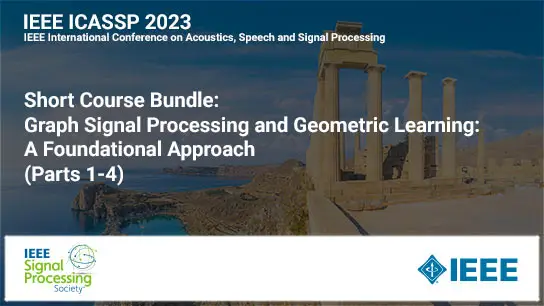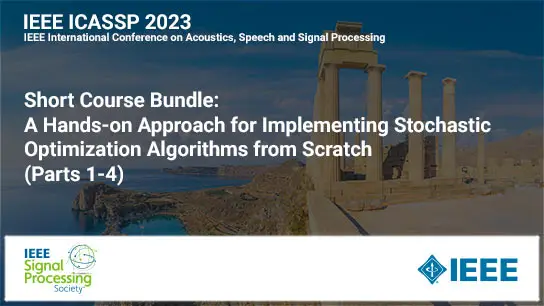KEYNOTE: When There Is Little Data Can AI Still Work? – Approximate Reasoning with Knowledge Interpolation and its Applications
Qiang Shen, Aberystwyth University, UK.
-
Members: FreeCIS
IEEE Members: Free
Non-members: FreeLength: 00:58:37
01 Jul 2024
Qiang Shen, Aberystwyth University, UK.
Abstract: AI is on the brink of revolutionising industries globally, having made significant advancements in recent years. These achievements are primarily attributed to the use of deep learning techniques that process vast amounts of data. Yet, a pivotal question emerges when faced with limited data for a new problem, especially if this data is ambiguously characterised. Can AI maintain its efficacy under these constraints? This presentation delves into contributions addressing this query, highlighting how fuzzy rule interpolation (FRI) enables approximate reasoning in situations marked by sparse or incomplete knowledge.
This is particularly relevant when traditional rule-based inference mechanisms falter because observations do not align with existing rules. Research into FRI techniques has been extensive within the realm of computational intelligence, yielding multiple methodologies. This presentation will centre on a prominent subset, Transformation-based FRI (T-FRI), which operates by mathematically modifying rules that bear resemblance to unmatched observations. Every technique within this category applies linear transformations of the nearest rules, automatically chosen relative to an unmatched observation. The talk will kick off with an exploration of the foundational T-FRI approach and segue into a concise overview of its expanded repertoire: adaptive T-FRI, backward T-FRI, higher-order T-FRI, dynamic T-FRI, and weighted T-FRI. Each addresses certain shortcomings inherent to the original method. Subsequently, real-world applications of these methodologies will be showcased, exemplifying their potency in tackling formidable challenges in domains like network security and medical diagnosis. These cases will underscore AI's capability to function effectively even with incomplete knowledge and ambiguous data. The presentation will wrap up with a glimpse into prospective advancements in this crucial research domain.


